Musk is planning a whistle-stop tour to India in November; he’s exploring opportunities elsewhere in Asia; he may be pulling out altogether.
Surajeet Das Gupta reports.
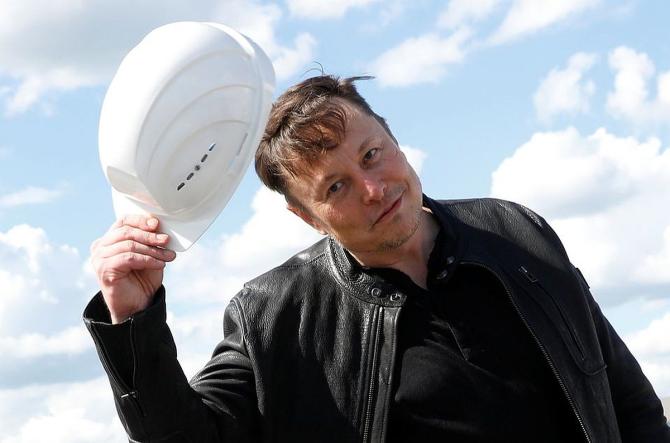
Recently, world headlines buzzed with Elon Musk’s announcement that he was shelving his audacious bid for social media platform Twitter.
Away from the media spotlight, questions are being asked about the maverick billionaire’s plans in India, too.
A few days ago, a Reuters report said Musk’s flagship Tesla had put on hold its plan to launch electric cars in India.
Tesla has abandoned its search for showroom space, reassigned its small India team around the globe and set itself a deadline next year of February 1, when the Union Budget is usually announced, to check whether its demand for a sharp duty reduction in imported electric vehicles (EVs) is accepted (the prognosis: highly unlikely).
Starlink, Musk’s satellite broadband service, is also struggling.
After initial aggressive moves, soliciting subscriptions at a steep $99 per customer, it turns out that Starlink has not yet applied for a Global Mobile Personal Communication by Satellite (GMPCS) licence, despite saying it would do so by January 31.
Sunil Mittal’s Bharti, Reliance Jio and the Tata group are competitors in this space, and Bharti has already won the first-mover advantage by acquiring a GMPCS licence.
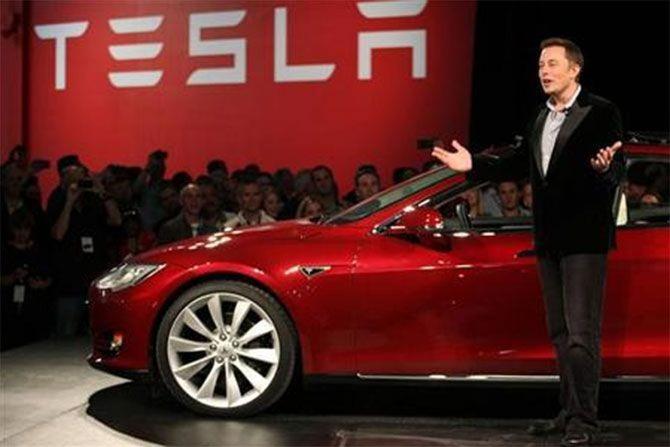
Starlink set base in India in November last year but has suffered serial setbacks, principally because it had little understanding of the rules of the game in India.
This much was clear after its head of Indian operations, Sanjay Bhargava, a colleague of Musk in PayPal, quit after four months citing “personal reasons”.
A few days before that, the Department of Telecommunications (DoT) had pulled up the company for violating Indian laws by accepting pre-bookings for its broadband service from customers without obtaining a licence.
Starlink was forced to return subscriptions to over 5,000 customers.
Musk’s stoic silence — a contrast to his noisy comments during Tesla’s initial India entry bid — has added to the drama.
Inevitably, as with all things Musk, there’s been a storm of speculation.
Musk is planning a whistle-stop tour to India in November; he’s exploring opportunities elsewhere in Asia; he may be pulling out altogether.
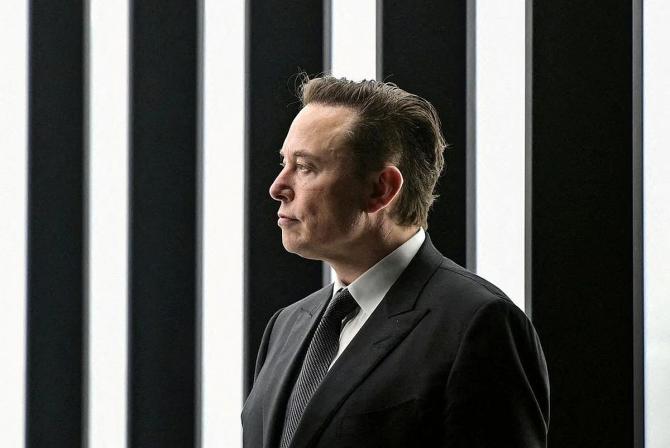
Recently, Tesla’s senior leadership reportedly met the Indonesian president to explore investment opportunities in EVs.
Asked whether Tesla was shelving EV plans in India, Prashanth R Menon, Tesla’s director-India since March 21, did not respond.
Menon continues in his role but other key officials are moving or have been given additional roles.
Manuj Khurana, who oversees key policy and business development in India, has now been asked to also handle product management in Fremont, USA.
Nishant Nishant, a former Ather Energy executive, who joined Tesla as its regional lead on EV charging infrastructure has become operations lead for Asia-Pacific, though based in India.
“The Indian market is very small for them, so I am certain it is not a focus area,” said the founder of a leading EV manufacturer.
So, what is Tesla’s problem?
Tesla wants to import completely built-up units (CBUs) from China or the US for the Indian market.
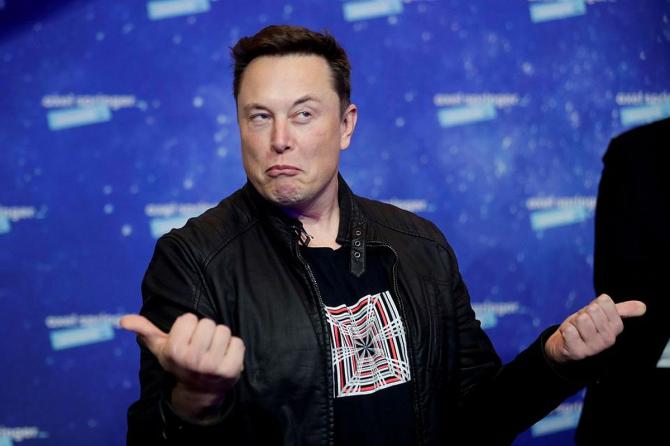
Musk says Indian duties on car CBUs are the highest in the world and should be cut steeply.
This is not a new demand from global auto majors.
Mercedes and BMW have also lobbied for duty cuts for their internal combustion engine-powered cars earlier, but the government has not obliged.
For Tesla, the duty is pegged at 100 per cent for cars with a CIF (cost, insurance and freight) value of more than $40,000 and 60 per cent for those with a CIF of less than $40,000.
Tesla’s submission to the government raised two issues: It wants this duty reduced to 40 per cent and has demanded a differential custom duty structure for EVs and ICE cars.
Taxing ICE and EVs at the same rate is inconsistent with government climate goals, Musk pointed out.
The current steep import duty structure would mean domestic prices of Rs 60 lakh for the Tesla 3 to over Rs 1 crore for other upscale models.
This price range would severely limit its market. Tesla has a point.
The annual market for luxury cars (Merc, Audi, BMW) is at 20,000-35,000 units, most of them ICE-powered.
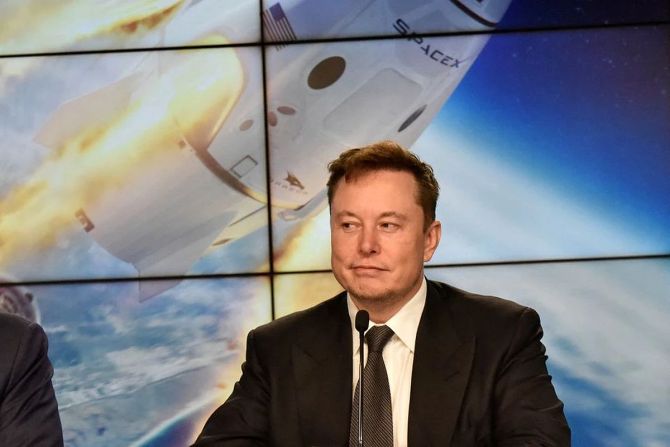
But the government has agreed with the arguments of the Tatas and M&M who contend that any import duty reduction on CBUs is unfair when there is a high localisation threshold for Indian automakers.
Accordingly, Road Transport and Highways Minister Nitin Gadkari has asked Tesla to first assemble the vehicles in India.
He also has reasoned that Tesla can export from the country, too.
Global automakers, who compete with Tesla, are already doing so to make their products affordable.
Of course, they have the advantage of having their own factories.
Mercedes-Benz, for instance, has already announced that it will set up local assembly (CKD or completely knocked-down operations) for its EV car by the end of this year, becoming the first luxury maker to do so.
Audi, the luxury brand from Volkswagen, has also stated that it is evaluating setting up an assembly plant.
Hyundai, which launched the Kona Electric, is also assembling in India. So why can’t Tesla?
“They have received the wrong advice on India.
"If they are serious, they should set up or buy an assembly line and go for CKD operations that attract lower duty.
"The Ford factory is available, for instance, and it would not cost them more than $100 million.
"That way, their models will have lower prices and they will get reasonable volumes,” said an advisor to major automakers in India.
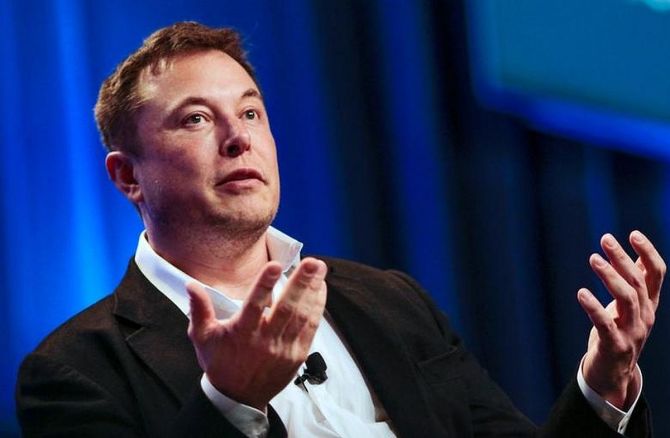
He pointed out that for value addition in India, they can easily manufacture the seats, tyres and wheels, glass and the internal fit and finishing.
“India has a vibrant component industry that is supplying globally even to Tesla, so there is no issue for them at all.”
The Indian outfit could also export auto components, which Tesla sources from India, such as the differential gear.
In satellite broadband, Starlink’s strategy has been to replicate the US model and sell the service to individual customers.
But with a price tag of $99 a month and installation charges of Rs 40,000, that’s too steep to gain a critical mass of customers in India.
Starlink has started shifting focus to concentrate on the B2B market.
For instance, it wants to provide satellite backhaul to enable telcos to meet rural connectivity targets and collaborate with the government by connecting schools, police stations, courts and remote locations.
Competitors believe that Starlink cannot ignore India because it is a key market in the satellite broadband sweepstakes.
But it has to figure out whether it will team up with an Indian partner or offer the services on its own.
It also needs a team in place after Bhargava’s departure.
And Musk clearly needs to take a relook at his overall India plan.
| Two uncertain |
|
Tesla Plan to launch electric cars in India on hold Has abandoned its search for showroom space Reassigned its small India team around the globe Set itself a deadline of February 1, 2023 to see if its demand for a sharp duty reduction in imported EVs is accepted Starlink Charged customers $99 a month plus installation charges of Rs 40,000 Head of Indian operations quit after four months DoT pulled up the company for violating Indian laws by accepting pre-bookings without obtaining a licence Starlink was forced to return subscriptions to over 5,000 customers Is still to apply for a licence Now shifting focus to the B2B market |

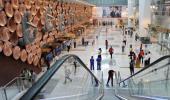

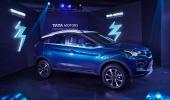








 © 2025
© 2025